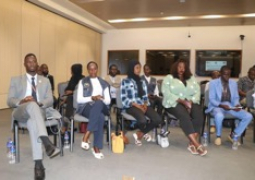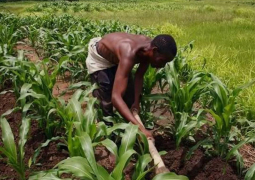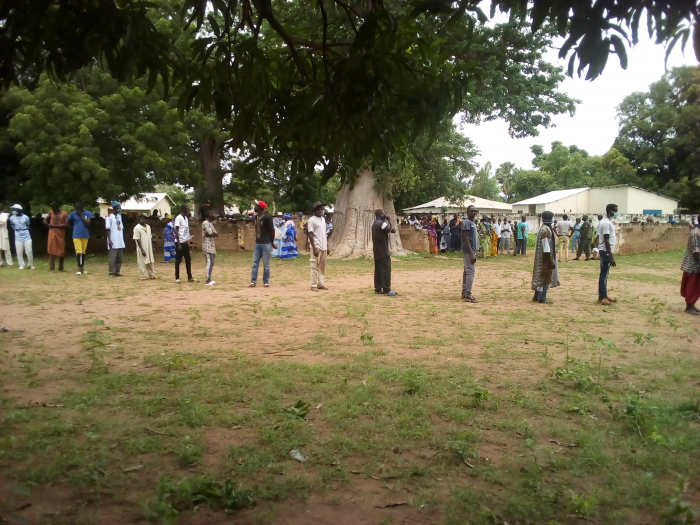
A total of USD 10 Million initiated by The Gambia government and supported by World Bank, is being shared amongst 83, 000 households across the country.
The project, he said, is meant to support vulnerable households by building their resilience against the socio-economic effects of the covid-19 pandemic.
Mankara also highlighted that most rural households are seriously affected by the global pandemic; and even if they are not infected, saying government and partners are committed to supporting communities to strengthen their resilience to minimize the socio-economic impact of the pandemic.
He observed that most rural communities depend mainly on farming as a source of livelihood and income, amid this peak period of the rainy season, when most of families need support to be able to put food on their tables.
“The assistance will help strengthen livelihood of rural households to be able to concentrate on their farming activities to improve their production and productivity”, he said.
The ongoing cash transfer, he said is going on smoothly even though they are faced with minor challenges but are able to address.
Lamin Jobateh, a native of Laminkoto described the assistance as timely and laudable.
He urged his fellow beneficiaries to use the money for its intended purpose.
Sirra Camara, a native of Jarumeh Koto said they would use the money for the sustenance of their families. She therefore thanked government, World Bank and implementing partners for the assistance.
"We are currently in difficult times as a result of the coronavirus pandemic".
Meanwhile, households in Upper River, Central River, Lower River regions, Foni and Sabach Sanjal District in North Bank Region each received three thousand dalasis (D3,000) for the first round. The National Nutrition Agency (NaNA), Department of Social Welfare and Department of Community Development are implementing the ‘Nafa Quick’ cash transfer meant to mitigate the impact of coronavirus pandemic.
After the completion of the first phase, implementing partners are expected to embark on a second phase where each household will receive an additional three thousand dalasis (D3,000), making it a total of six thousand dalasis (6,000) allocated for each household within the 30 project districts.
Read Other Articles In National News
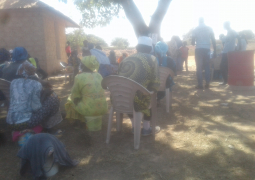
89 Women miners receive free eye screening from Gui mam eye care
Dec 10, 2020, 12:22 PM
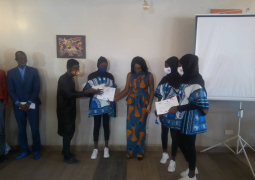
Creative industries award artistes in COVID-19 awareness campaign
Jul 6, 2020, 2:02 PM
